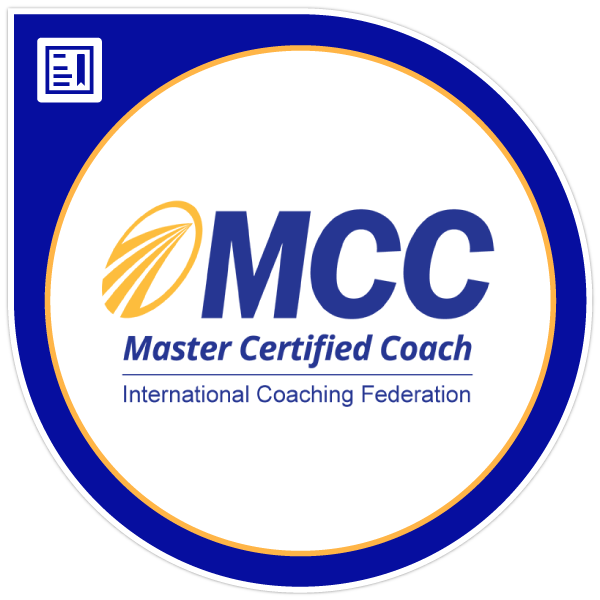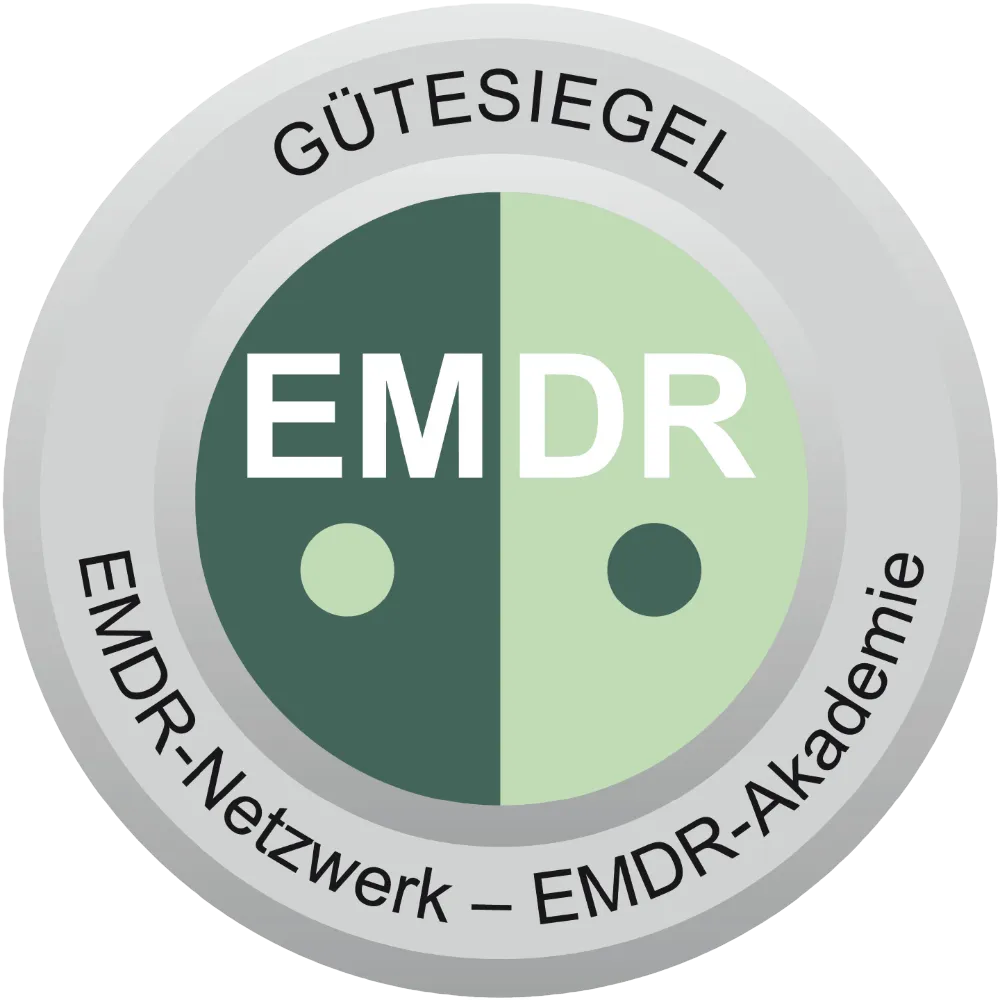“To me, the combination of clarity, recognition and responsibility constitutes the fundamental basis for establishing relationships as well as for leading and guiding employees.”
-
In my field of work I often have to deal with questions relating to the clarity of goals and tasks as well as to the clarity of opinions, positions, interests, boundaries, roles and rules.
It only takes a few words to make yourself clear.
Clarity in your actions provides others with a helpful means of orienting themselves and also gives your personality a distinct profile. Such clarity presupposes a decisive approach as well as a preparedness to stick to one’s decisions. An important prerequisite for establishing clear and genuine contacts with other people is to be in close contact with one’s inner self and with one’s own values.
To me it is of utmost importance to live to this maxim personally and, in the course of my work, to encourage others to embrace this maxim for themselves.
-
Although recognition can hardly be ‘taught’, I am required in many aspects of my work to create or recreate an atmosphere that facilitates the emergence of mutual recognition.
I achieve this by drawing on a concept of the individual that helps to ascertain his/her particular needs and positive intentions. I am convinced that every statement we make, or every action we undertake, – even if, in hindsight, it turns out to be everything but helpful – was, from a subjective point of view, completely justifiable and appropriate at the time.
In my work I am particularly attentive to ensuring that genuine mutual recognition is actually sensed and felt, whether it be toward clients, colleagues, superiors, or even opponents in conflict situations.
-
Many people take on either too little or too much responsibility. For me personally, an initial approach to dealing with the theme of responsibility consists of acknowledging one’s own responsibility for oneself and one’s own life. Only if you yourself have fully embraced the ambit of your own responsibilites can you require of others to take on responsibility themselves. Taking on too much responsibility can result in debilitating others.
The problems and conflicts that arise in connection with responsibility often constitute the rationale for, or the content of, my work with managers, teams and organisations. In such cases I am particularly careful to ensure that the actual delegated responsibilities are clearly differentiated.
- MCC, Master Certified Coach (MCC), since 2009 by International Coach Federation (ICF)
- Non-medical practitioner, limited to the field of psychotherapy
- FOCUS Top-Coach 2016 and TOP BUSINESS COACH 2019 by Xing
- Coachers’ trainer since 2003
- Coaching and training since 2003
- Author of “Potenzialorientiertes Coaching – Ein Praxishandbuch“, (2006) Stuttgart: Klett-Cotta, ISBN 3-608-89039-4
- Co-author of “A World Book of Values“, (2013), ISBN 978-94-6131-259-4
- Author of article “Welche Persönlichkeiten braucht New Work?”, published in “wirtschaft + weiterbildung 03_2019”, p.24-30
- Author of article “Den inneren Richter zum Verbündeten machen“, published in “wirtschaft + weiterbildung 10_2015”, p.36-40
- Author of article “Autonomie – Wann sind wir wirklich frei?” in weiterbildungsmarkt.at
- Author of article “Persönlichkeit – das größte ungenutzte Potenzial” in MM Maschinenmarkt
- Author of article “Auch die Persönlichkeit lässt sich ändern” in channelpartner.de
- Author of article “Motivationsfaktor Authentizität” in channelpartner.de
- Author of article “Die Weiterentwicklung der Selbstkritik” in weiterbildungsmarkt.at
- Certified Corporate Transformation Tools Consultant 2007 and 2011
- Several years professional experience as manager, as personnel and organisational developer
- Development and realization of over 50 Assessment Centres for the development and selection of executive staffn
- Training in systemic coaching as well as several advanced trainer programmes
- EMDR in therapy and coaching
- Member of ICF since 2006
- Degree in Economics (BA Mannheim 1991)



